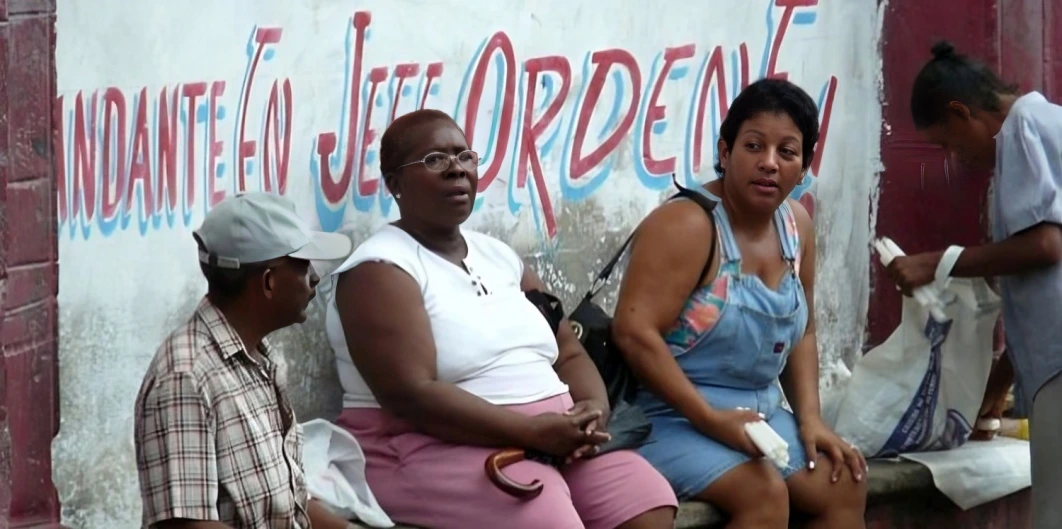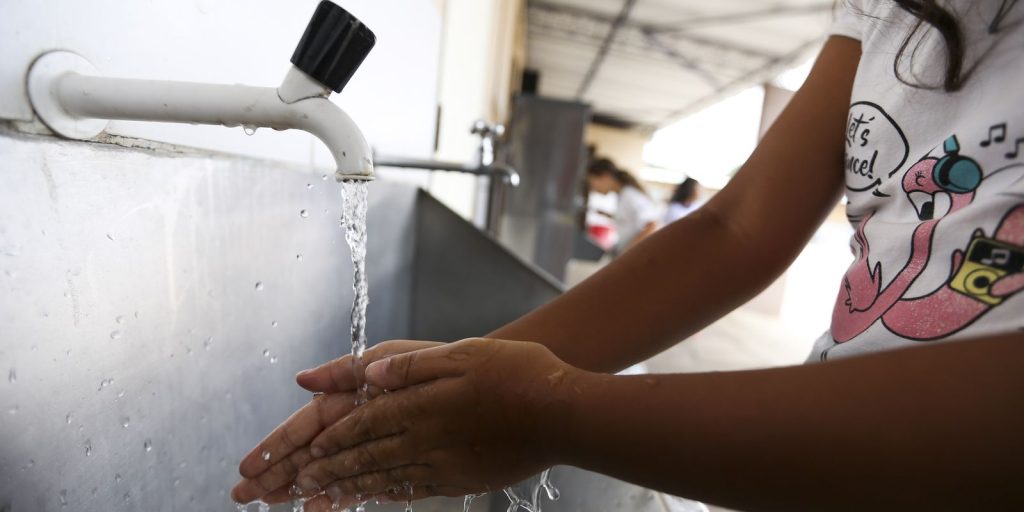SAN LUIS POTOSÍ, Mexico.- A report joint work of the Institute on Race, Equality and Human Rights (Raza e Igualdad) and the Cuban Observatory of Human Rights (OCDH), published this Tuesday, stated that people Afro-descendants In Cuba they live in precarious conditions and suffer systematic structural discrimination.
The text denounced that Afro-Cuban people, in addition to facing high levels of poverty and exclusion, have numerous barriers to accessing basic rights, such as housing, employment and health services.
He also insisted on the invisibility of Cubans Afro-descendants in official statistics and unequal access to the judicial system, mainly after the massive protests of July 2021, where Afro-descendants received harsher sentences compared to white people who took to the streets that day to demand their rights.
Without public policies
The report emphasized that structural racism in the country has prevented the Afro-Cuban population from being able to ascend or access a slightly higher social scale, including tourism.
“There have been no plans to create differentiated public policies. In the case of the Island, there is a particular problem, and that is that they deny racial discrimination. So the government, by denying racial discrimination, evidently does not raise the need to have differentiated public policies,” said Carlos Quesada, director of Race and Equality.
“Cuba, in terms of the fight against racial discrimination, is at least 70 years behind all Latin American countries, including the United States,” alleged the Costa Rican lawyer and journalist.
In this sense, it is essential that the Cuban State adopt specific policies to combat racism and promote equal opportunities, something that the document addresses.
He Cuban Observatory of Human Rights detected that the Cuban authorities failed to comply with the objectives of the International Decade for People of African Descent (2015-2024), promoted by the United Nations, and the recommendations of the Committee for the Elimination of Racial Discrimination (CERD).
Despite the commitments made to international organizations, the regime does not have the political will to carry out concrete actions aimed at improving the conditions of life of Afro-Cubans, the text highlighted.
This position reinforces social exclusion and makes it difficult to design policies that address the specific needs of the Afro-descendant population.
Extreme poverty and invisibility
The data revealed revealed that the majority of Afro-descendant people have problems purchasing the most essential things to survive.
Yaxys Cires, Strategy Director of the Cuban Observatory for Human Rights, explained that eight out of every 10 Afro-descendants surveyed stated that they had stopped eating breakfast, lunch or dinner, a situation that affected seven out of every 10 white or mixed-race people in this report.
92% of Afro-Cuban people perceive the public health service as deficient; and 81% said that they did not receive remittances, a figure higher than the 71% of white people who indicated that they did not obtain this type of income from relatives outside the Island.
On the other hand, Noelia Maciel, an expert on the rights of people of African descent, pointed out that the last national census, carried out in 2012, ignored ethnic distinctions, an issue that limits the visibility of the community’s living conditions and vulnerabilities.
Furthermore, this is made more complex by the postponement of the census from 2022 to 2025. Without current statistics, there is no recent data on the Afro-descendant population in the country.
















